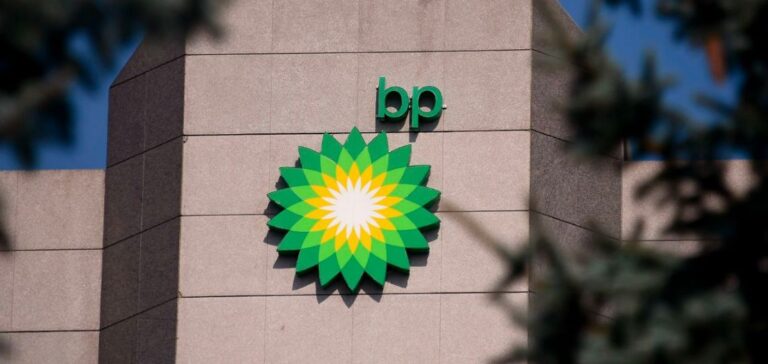Archaea produces methane – the equivalent of 6,000 barrels of oil per day – from waste from landfills or “digesters” of organic material from livestock or food. BP hopes with this operation “to strongly increase its bioenergy activities” and counts on this acquisition to “support (its) progress towards (its) goal of carbon neutrality,” it says in a statement.
The transaction still needs to be approved by the regulatory authorities and by Archaea’s shareholders.
“Global demand for biogas is growing rapidly,” the group argues.
BP’s shares were down 0.64% at 452.15 pence around 13:45 GMT, with some analysts believing the price paid for Archaea was high.
The production of “biogas” requires less energy and is therefore less polluting than the extraction of natural gas by drilling or hydraulic fracturing. It also prevents methane, a powerful greenhouse gas, from escaping into the atmosphere. However, it emits CO2 when it is burned.
BP says it wants to become an integrated energy company with five growth drivers: bioenergy, stores at its service stations, electric vehicle charging, renewable energy and hydrogen.
The oil giant announced two years ago that it intended to achieve carbon neutrality by 2050, but warned that it remained focused on its “oil and gas portfolio over the next decade”.
The oil and gas majors are regularly accused of greenwashing by environmental NGOs because their drilling and extraction operations have not stopped, especially since the war in Ukraine has put energy independence at the top of many governments’ priorities, eclipsing the climate emergency.






















